Reflections on a week with the ASSAR West Africa team
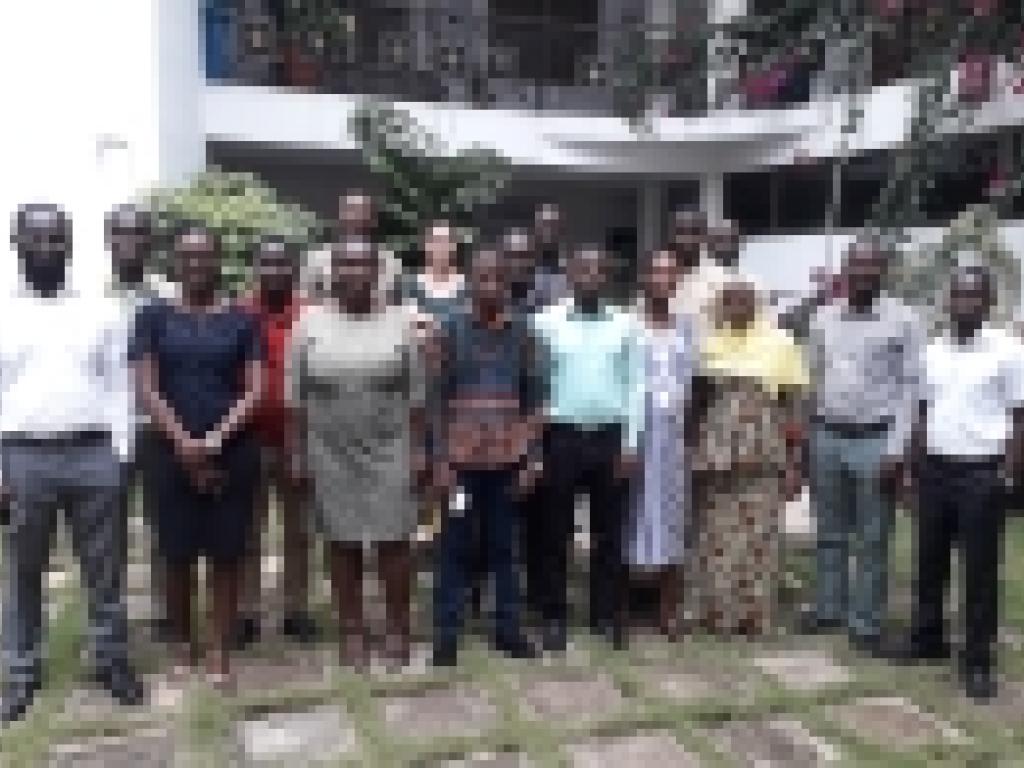
By Lucia Scodanibbio, ASSAR project coordinator
The imminent approach of the end of the ASSAR project (phew...) has called for visits to the regional teams, to take stock of what has been achieved, plan exit strategies, agree on final outputs and give each other one last hug.
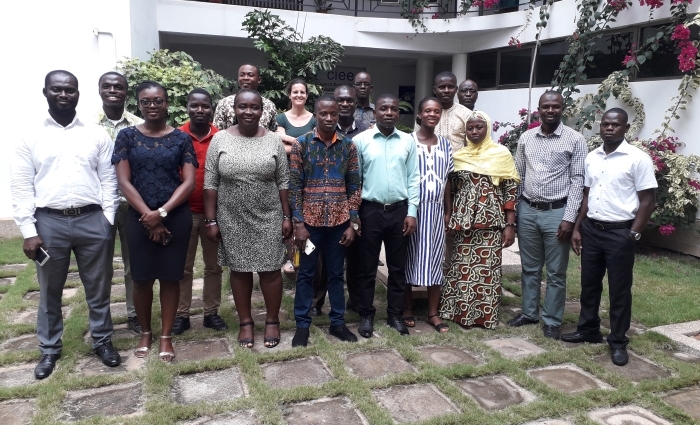
As I sit on the plane directed towards Ethiopia, having just said bye to the West Africa Mali and Ghana teams, I let the impressions of the week soak in. I think back to the pride I felt when attending the defence of the first ASSAR PhD student from the University of Ghana (UG) – Ishmael Lente – who spoke about the critical role of social networks and safety nets (e.g. village loans and savings associations) and of access to climate information and credit for increasing the adaptive capacity of smallholder farmers.
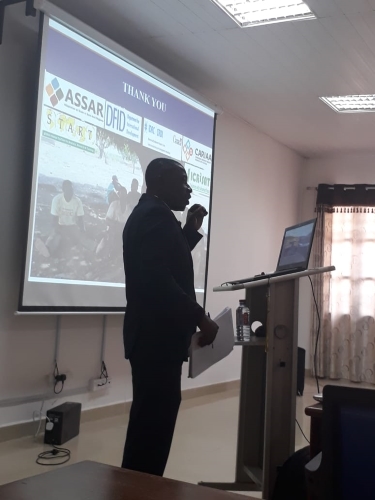
Last week, Ishmael Lente, from the University of Ghana, made history as the first ASSAR PhD student to successfully defend his thesis.
I reflect back on the worries expressed by the UG and ICRISAT teams as they discussed the sustainability of the capacity building activities that have been a large focus of 2018. Could the women livelihood platforms that have been established with the Grant for Local Adaptation Support (GLAS) in Ghana’s Upper West Region be linked with Oxfam’s new project on women’s empowerment, along with support from the district assemblies and NGOs that have been critical partners so far? Will the pilot runoff harvesting structures that are being built as part of the scenario-based capacity building (SBCB) grant in Mali serve as a successful example for other farmers to follow suit, to increase dry season farming and thus avoid migration? Will the training of science and environmental teachers and clubs in the schools that took part in the Climate Change Adaptation through Youth Innovation (CATYI) competition further entrench the exploration of solutions to climate change, from a young age?
I rejoice as I think about the appreciation expressed during the reflection session. The way most team members kept mentioning that they have been like a family to each other. And the gratefulness expressed by the early career team members, who were given the right balance of mentorship, support (including financial, such as through the small opportunity grants) and freedom to explore innovative ideas, write funding proposals and learn. In some cases, the creativity of their initiatives was also picked up beyond ASSAR, such as in the case of Prince Ansah, UG technical officer, who was called by the UNDP climate change and environment unit to advise the development of a platform for supporting green business and the youth, based on a mobile app that he developed.
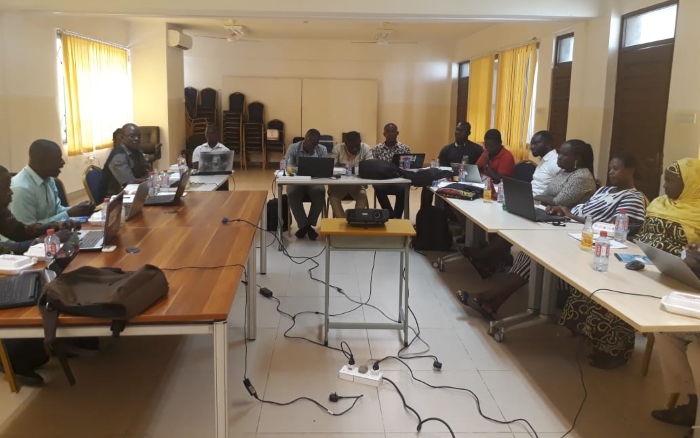
I also remain cognizant of the challenges that such large projects entail: the difficulties experienced by the ICRISAT students, due to the French language barrier which prevented their participation in regional or annual meetings, or that required senior team members to translate critical documents or forms for them. The somersaults required to deal with the financial and budgetary complications brought about by fluctuating currencies, complex internal bureaucracies, multiple transfers of funds across partners and associated financial reconciliation processes. The amount of time required for administration, reporting, research and research-into-use (RiU) responsibilities.
I think of how far we’ve come, as I look through the frantic notes taken this week during the student presentations, many of whom I had coerced into interviews about their upcoming plans when I was in Ghana two years ago, for the RiU training. The plethora of findings – from 18 students in Ghana and 12 in Mali – about socially-differentiated vulnerabilities, very often entrenched by patriarchal norms; adaptation responses and coping strategies; and the challenges associated with the agricultural intensification processes underway in both Ghana and Mali, due to land tenure issues, erosion of ecosystem services or disconnects across different governance levels.
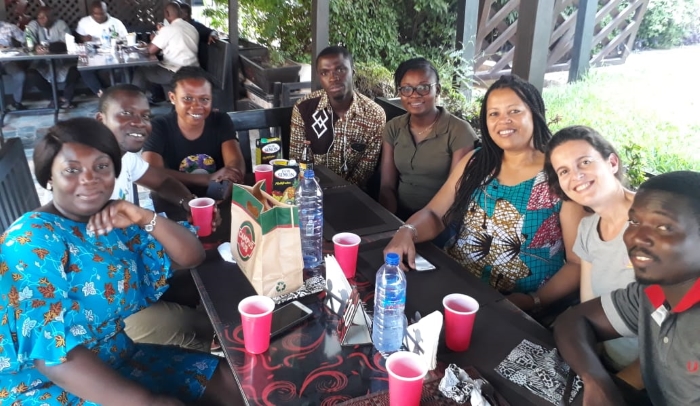
I feel grateful. For the heartfelt thank-you’s of master’s student Francis Awaafo as we said bye after spending a Saturday morning developing a script for an infographic about his research findings, which ask whether women farmers have a fair share of land for ensuring the food security of their families. For the opportunity to have had time to get to know some of my colleagues as people – the vicissitudes of their lives and their hopes for the future – and to share some good laughs. For the commitment shown, working on a public holiday so that we could make the most of our time together, or after dinner till midnight, to finish the script for yet another infographic.
I feel tired, I guess, but that it is all worthwhile, as we have come such a long way, and spending a week to work together to wrap up this monster project with due attention, effort and support is the least we can do to close it well and acknowledge the value of all the work we have done.